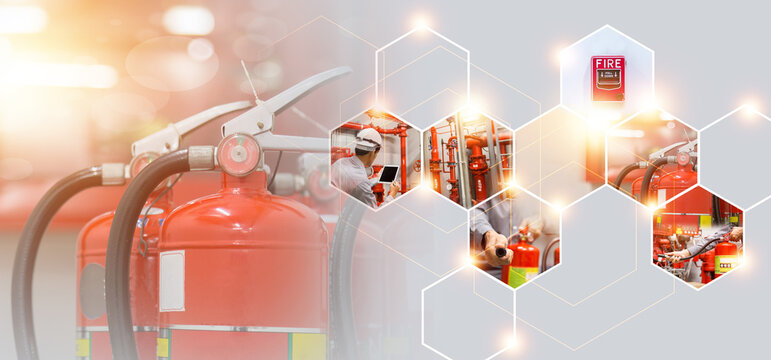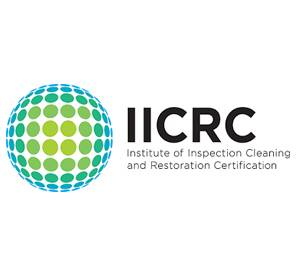Fire Safety Code Compliance

Introduction to Fire Safety Code Compliance Fire safety code compliance is non-negotiable when it comes to ensuring the safety of your building and everyone in it. Regular inspections and maintenance are legal requirements and crucial steps in safeguarding lives and property. Let’s explore why maintaining fire safety measures is paramount for every responsible building owner or manager. What is Fire Safety Code Compliance? Fire safety code compliance refers to the adherence to regulations and guidelines established by local, state, or federal authorities to prevent fires and mitigate their impact. These codes cover all aspects of fire safety, including building construction and design, fire protection systems, evacuation procedures, and emergency planning. Why is Fire Safety Code Compliance Important? Protects Lives The most critical reason for fire safety code compliance is to protect lives. Fires can spread quickly and have devastating consequences, such as injuries, fatalities, and property damage. Adhering to fire safety codes ensures that buildings have adequate means of escape in a fire emergency. Prevents Property Damage Fires can cause extensive damage to buildings and their contents. Compliance with fire safety codes ensures that appropriate measures are in place to prevent or minimize property damage in case of a fire. Legal Requirements Local governments enforce fire safety codes through building permits and inspections. Non-compliance can result in fines, penalties, or even the closure of the building until the necessary steps are taken to meet code requirements. Insurance Coverage Most insurance companies require buildings to comply with fire safety codes before providing coverage. Understanding Fire Safety Inspections and Maintenance Understanding Fire Safety Inspections and Maintenance is crucial for ensuring the safety of occupants in any building. These inspections thoroughly examine fire prevention systems, emergency exits, alarms, and more. Regular maintenance ensures that these critical components function correctly in an emergency. During a fire safety inspection, trained professionals assess potential hazards and make recommendations to address any issues found. This proactive approach can prevent disasters and save lives. You can significantly reduce the risk of fires breaking out unnoticed by conducting routine checks and maintenance on fire extinguishers, sprinkler systems, smoke detectors, and other safety equipment. Staying up-to-date with fire codes and regulations is essential to avoid penalties or closures due to non-compliance. Ignoring maintenance schedules or overlooking inspections can have serious consequences. Prioritizing fire safety not only protects your property but also safeguards the well-being of everyone inside it. When it comes to fire safety inspections, key elements must be thoroughly assessed to ensure compliance with the fire safety code. One crucial aspect is checking the functionality of fire alarms and ensuring they are correctly installed in designated areas throughout the building. Fire alarms play a critical role in alerting occupants in case of an emergency. Another essential element is examining the condition of fire extinguishers to confirm they are easily accessible, fully charged, and have not expired. Adequately maintained fire extinguishers can make a significant difference in containing small fires before they escalate. Inspecting emergency lighting systems also guarantees visibility during power outages or smoke-filled conditions. Moreover, evaluating the integrity of exit routes and ensuring clear pathways free from obstructions are fundamental for safe evacuation procedures. Adequate signage indicating exit routes should also be inspected for clarity and visibility. Conducting thorough inspections on these critical elements is imperative for maintaining high fire safety within any establishment. Importance of Regular Inspections and Maintenance Regular inspections and maintenance are essential to ensure fire safety code compliance. By staying proactive and addressing any issues promptly, you can minimize the risk of fires and protect lives and property. Remember, fire safety is not a one-time effort but an ongoing commitment that requires diligence and attention to detail. Schedule regular inspections and maintenance tasks to keep your building safe and compliant with fire safety codes. Your efforts will prevent disasters and create a safer environment for everyone in the long run. Stay vigilant, stay safe!






